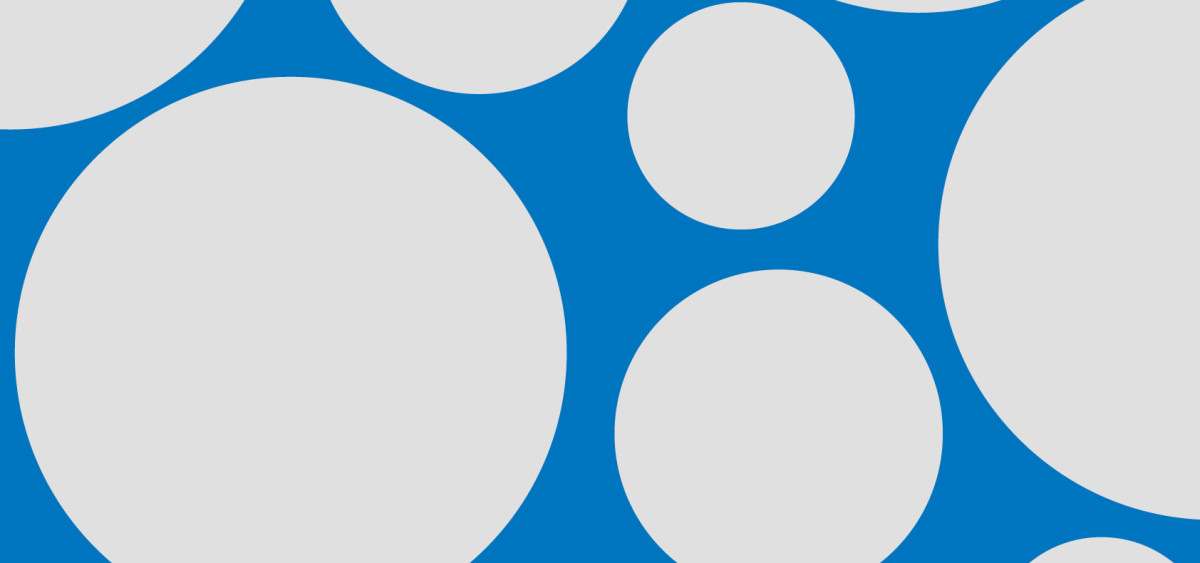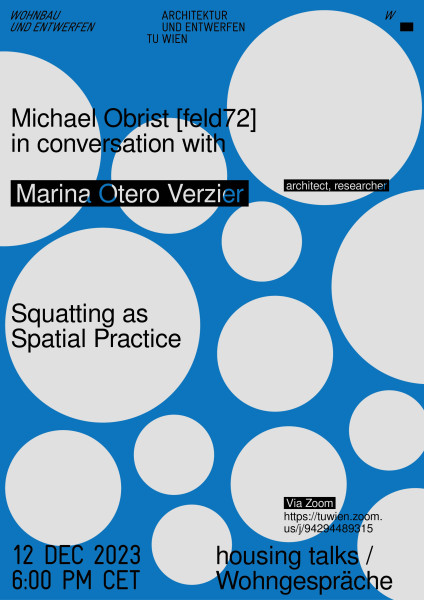Michael Obrist [feld72] in conversation with Marina Otero Verzier about "Squatting as Spatial Practice"
The squatting movement has played a major role in the design of the urban fabric and domestic interiors, and continues to propose alternatives to dominant, market-oriented housing policies. The ideals cultivated and propagated by squatters, such as the transformation of vacant premises, reuse of construction materials, non-normative domesticities, and collective live-work spaces at a building or neighborhood level, have greatly influenced contemporary urban discourse. The project "Architecture of Appropriation: On Squatting as Spatial Practice" acknowledges squatting as an architectural practice and sees this practice as evidence of the possibility of alternative futures for the development of cities. In collaboration with six squatting communities and through architectural drawings, interviews, and archival material, the project builds up a record of past and current struggles, spaces, and oral histories. It formed the basis for a new acquisition policy for the State Archive for Dutch Architecture and Urban Planning. "Architecture of Appropriation: On Squatting as Spatial Practice" is a project by René Boer, Marina Otero Verzier, and Katía Truijen, in collaboration with the communities of ADM, Landbouwbelang, Plantage Dok, Poortgebouw, Vluchtmaat and Wijde Heisteeg 7.
Dr. Marina Otero Verzier is an architect and researcher. She currently teaches at Columbia University GSAPP where she is conducting a research initiative focused on the intersection between digital infrastructures and the climate catastrophe. She is a member of the newly founded Architecture Advisory Committee of the Museo Nacional Centro de Arte Reina Sofía in Madrid. In 2022 she received Harvard’s Wheelwright Prize for a project on the future of data storage. Otero was the Head of the MA Social Design Masters at Design Academy Eindhoven from 2020-2023. From 2015 to 2022, she was the Director of Research at Het Nieuwe Instituut, where she led initiatives such as “Automated Landscapes,” “BURN-OUT, ” and “Lithium: States of Exhaustion.” Otero has curated exhibitions such as ‘Compulsive Desires: On Lithium Extraction and Rebellious Mountains,’ at Galería Municipal do Porto in 2023, ‘Work, Body, Leisure,’ the Dutch Pavilion at the Venice Architecture Biennale in 2018, and ‘After Belonging,’ the Oslo Architecture Triennale in 2016. She has co-edited Automated Landscapes (2023), Lithium: States of Exhaustion (2021), A Matter of Data (2021), More-than-Human (2020), Architecture of Appropriation (2019), Work, Body, Leisure (2018), and After Belonging (2016), among others.

